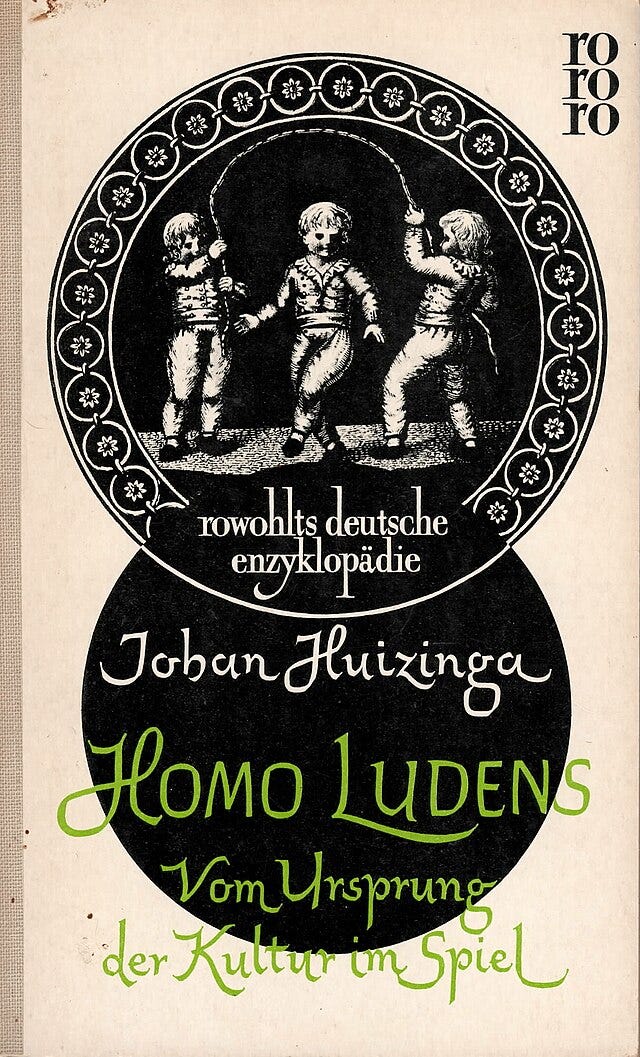Q & A 7
Disturbingly subversive books, comfortingly dependable books, Orthodoxy and Hell, the Soul there above, lovely languages, an impassible God, an intolerable article…
[I am almost caught up with the questions that have been sent me for these columns. Or, rather, I have nearly caught up with those that have reached me. Substack emails and notifications have recently begun going straight to “archives” or “junk” on my devices, and nothing I do in settings has prevented them from doing so. That said, I am getting used to keeping an eye out for missed emails, so you can still send questions to me at davidbentleyhart@substack.com.]
Cameron asks: “You once said in an interview that the most important books for mental and spiritual growth are the ones that ‘subvert our vision of reality.’ So what’s the most subversive book you’ve read? Nietzsche’s Genealogy of Morals, maybe? Maybe Cioran’s The New Gods?”
I have no recollection of that interview, but I have done so many now that I have probably said countless things of which I have no memory. Whatever the case, that sounds like a remark I would throw off, and I certainly think it a fairly sound principle. And I can tell you quite easily which book has probably had the profoundest effect on my own understanding of the human world.
It is not The Genealogy of Morals, no. The first two essays in that volume are, of course, quite brilliant, and the third is diffusely ingenious; but in the end the book merely presents a perspective—only one among many—as well as an engrossing narrative, but offers little historical evidence for its arguments beyond a few anecdotal observations and the intuitions that it invites the reader to find within his or her own psychological experience of willfulness and cruelty. It contains a great deal of truth, but only the truth visible from one artificially narrow vantage. It marks a particular phase in the development of Nietzsche’s metaphysics of the Will to Power, and no metaphysics so partial can compel total assent or demand credence. Moreover, for any sufficiently sophisticated Christian reader—and, needless to say, it is directed only at Christian readers—it says nothing not already encompassed within the deeper Christian understandings of sin and fallenness. As John Milbank said many years ago, The Genealogy of Morals is in a sense The City of God written back to front. Really, Nietzsche could not have conceived of it had he not been raised a pastor’s son; it was Luther’s understanding of the depravity of humanity, still fixed deep in his consciousness, that made him capable of all the truly interesting insights the book contains.
Keep reading with a 7-day free trial
Subscribe to Leaves in the Wind to keep reading this post and get 7 days of free access to the full post archives.




